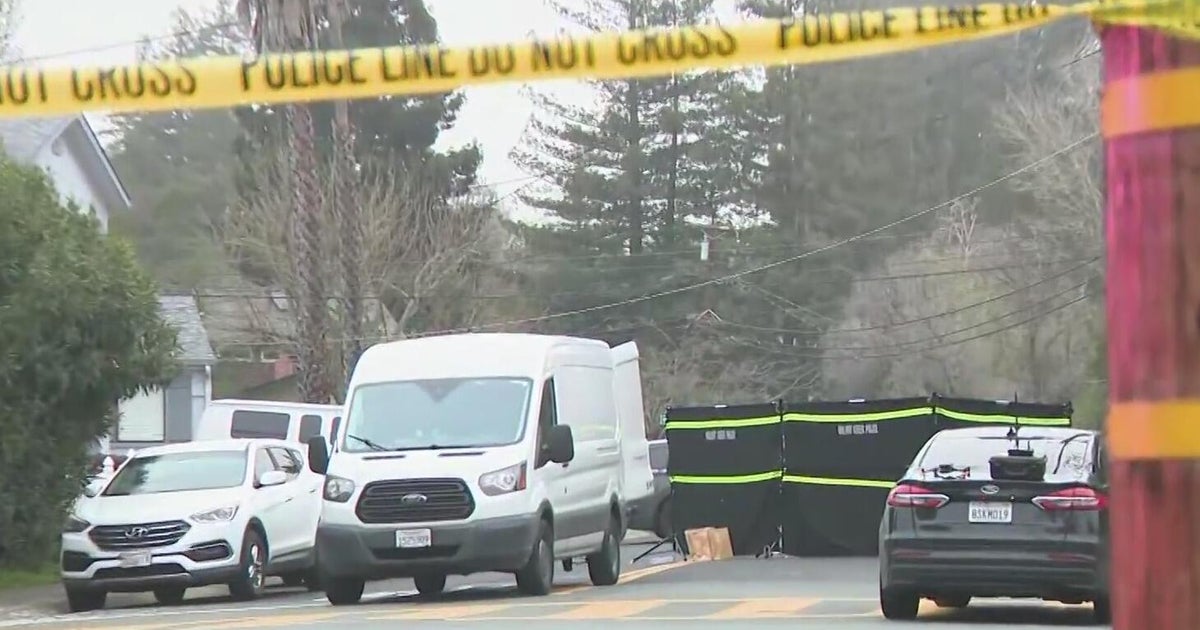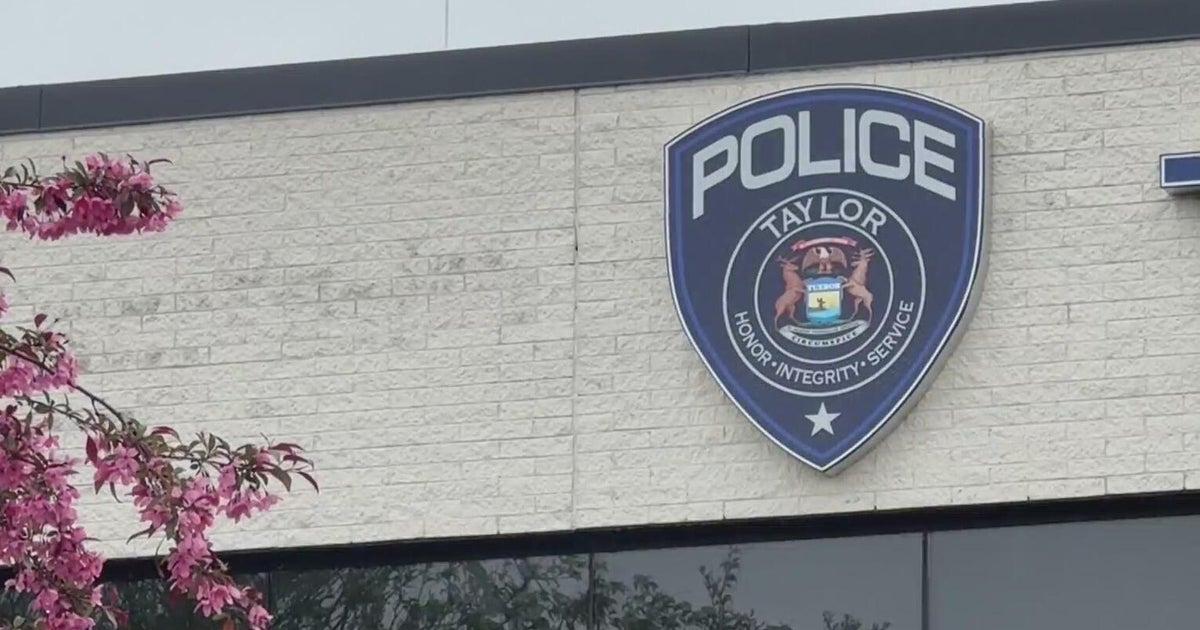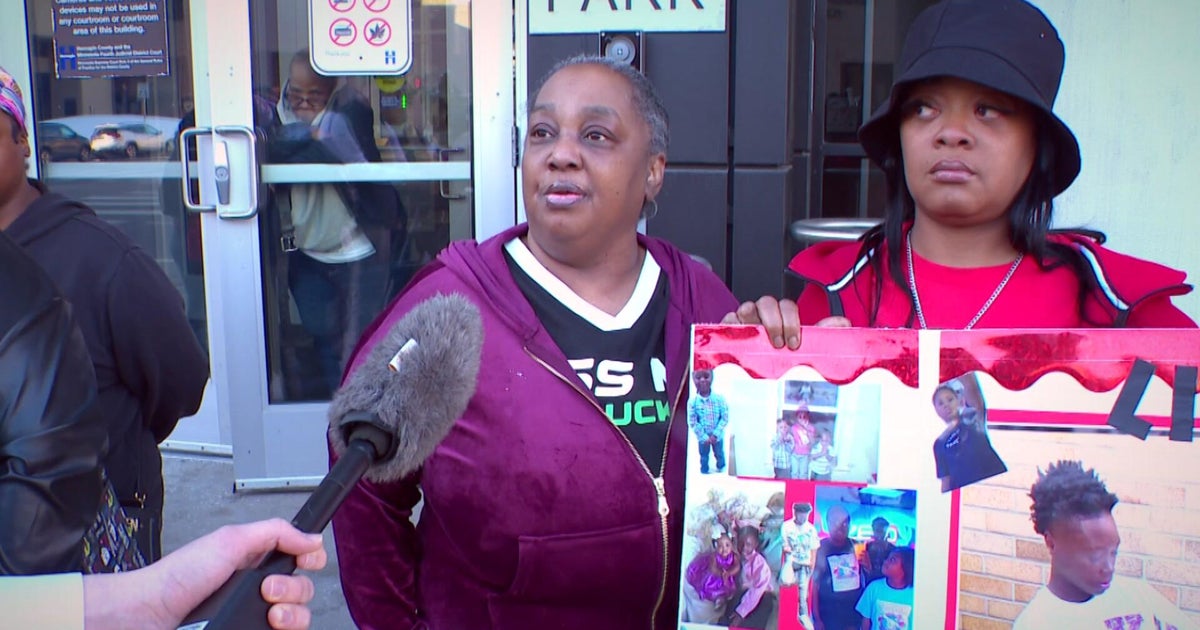Chicago's enters new short-term deal with crime database from same company as ShotSpotter
CHICAGO (CBS) -- For years, critics have called for an end to the city's contract with the company behind a controversial gunshot detection system used by Chicago Police.
But Chicago's ShotSpotter contract remains in place – and we have learned the company even has a new deal with Chicago Police for a different technology called CrimeTracer.
As CBS 2 Investigator Megan Hickey reported, the way the public found out about the deal CrimeTracer was surprising.
"The city's processes for contracting for different tech that CPD uses is not transparent," said Navi Heer of the Stop ShotSpotter campaign.
Mayor Brandon Johnson campaigned on a pledge to end the city's roughly $9 million-a-year ShotSpotter contract after activists like Heer and the SpotShotter Campaign, and other local groups.
They started rallying to spread awareness of reports - one by the Office of Inspector General - that found the majority of ShotSpotter alerts turn up nothing, while disproportionately impacting communities of color.
"The current administration had really benefited off of supporting the cancellation of that contract," said Alejandro Ruizesparza of Lucy Parsons Labs.
But the company, now known as SoundThinking, announced in their latest earnings call last month that Chicago's 2024 budget includes continued funding for ShotSpotter - as well as a new deal.
Under the deal, Chicago Police will pilot CrimeTracer for six months.
"We learned about the CrimeTracer pilot - not through the city, but through SoundThinking's earnings, call, which is not the way we should be receiving information," said Heer.
CrimeTracer is a law enforcement database and search engine – which is able to pull police reports from other agencies.
Testimonials have been posted online from departments who praise the information sharing platform.
But Ruizesparza said, "I think it's definitely worrying."
Ruizesparza explained that police reports, or other data shared in the system, can be riddled with inaccuracies or biases - and then easily shared across the country.
"Agents outside of the jurisdiction can then start using that to justify arrests or deportations, despite the data being bad itself," Ruizesparza said.
In a statement, the Public Safety Administration told us the City entered into a contract to just as a trial test:
"CrimeTracer is a law enforcement analytics tool for police agency data. The City has entered into a Memorandum Of Understanding with Forensic Logic to test the system for six months free of charge to determine its efficacy and value in enhancing the Chicago Police Department's data capabilities. There are no current commitments to continue using this system post-trial period."
But in last month's earning's call, SoundThinking said they expect "it will convert into a mid- to high 6-figure deal transaction in the latter half of 2024."
A spokesman for SoundThinking wrote, "Any information on the Memorandum of Understanding and the trial would need to come from the city of Chicago. "
"It doesn't bode well," said Ruizesparza. "I think that there should have been much more public inquiry and input at the beginning."
"We encourage the administration to both be transparent about how these decisions are being made, and including folks in that decision making process and to invest in programs," added Heer, "and to invest in programs that actually address the root cause of violence."
A SoundThinking spokesperson also defended CrimeTracer's accuracy:
"Any claims that CrimeTracer data is inaccurate or biased are completely false. CrimeTracer simply mirrors the information that contributing agencies provide—their data is never manipulated or misrepresented by the system but is, instead, stored in one collective place to aid law enforcement in doing their jobs efficiently, effectively, and equitably.
There are no Department of Homeland Security, Immigration and Customs Enforcement, Customs and Border Protection, or Enforcement of Removal Operations users in CrimeTracer, and there is technology in place to ensure no user with a DHS domain email address can enter the system."
We reached out to the city for more specifics on the pilot — such as when officers would start using the system and how they would be using and sharing the data. But the Public Safety Administration did not provide any of those details.







